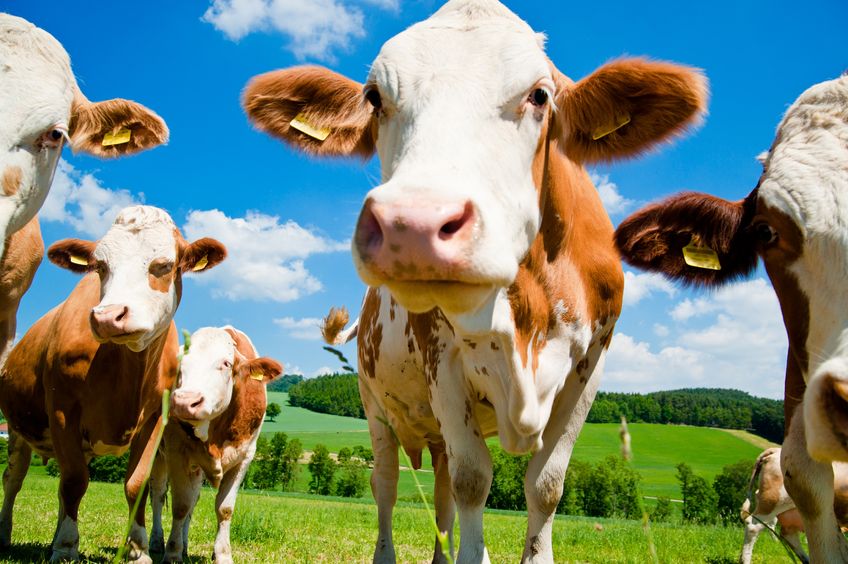
A scientific breakthrough in IVF is set to substantially reduce pregnancy issues in cows and increase overall meat and milk production.
Researchers from the University of Kent and the University of Nottingham have established a method of significantly improving in-vitro fertilization (IVF) in cattle.
After humans, cattle are the species in which there is the most interest for IVF, usually referred to as in-vitro production (IVP).
Approximately one million IVP embryos are transferred worldwide yearly to improve the genetics of the global breeding herd for food production.
Advanced programmes select embryos with traits such as disease resistance, food conversion and improved meat and milk production.
This involves a process similar to one used in human IVF, wherein cells are taken from the early developing placenta and diagnosed for certain genetic traits and diseases.
However, a high proportion of these cattle embryos fail to grow into calves.
The new research has developed a means of identifying a subset of embryos that rarely lead to a live birth, less than 5% chance, due to carrying chromosome disorders.
Researchers found this process improved overall pregnancy rates in cows by 7.8 percent, after analysis of 1,713 embryos.
Chromosome disorders are well known in humans as a cause of IVF failure, however this is the first time their detection has been shown to improve cattle IVP significantly.
Professor Darren Griffin, Professor of Genetics at the University of Kent, said the new PGT-A method of embryo identification will be an enormous boost for the cattle sector.
"[It] will also be the platform for further research into this vital science, for which we anticipate seeing the benefits especially in fertility clinics," he said.
